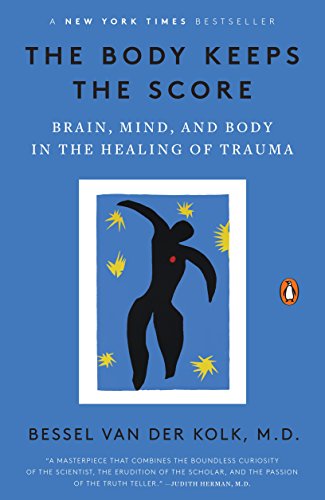I’ve mentioned before that this blog shares a name with a bookstore but no other relationship. Brandywine Books of Winter Park, Florida, was a cute seller of used and well-kept book. The owner knew about our blog and I believe delighted in its existence. I know this because my sister stopped by a few years ago. The shop closed within the past two years.
Japanese readers are hooked on the belief that bestselling author Haruki Murakami should have won the Nobel for literature by now. The Japan Times claims Murakami is “best known for his 1987 bestseller Norwegian Wood,” but he has many other titles and presumably outpaces all other Japanese authors in sheer Nobel potential. The article notes a few reasons why he could contend for the prize and a few reasons he might not win it. (via Literary Saloon)
South Korea has been successfully exporting K-pop and K-drama for several years, but K-lit has not found a similar place. Perhaps the time for Korean literature has come. (via Literary Saloon)
Did Ernest Hemingway actually say, “The rain WILL stop, the night WILL end, the hurt WILL fade. Hope is never so lost that it can’t be found”? The Quote Investigator looks into it.
Author Glynn Young reviews the second Will Benson thriller, Blind Defence by John Fairfax, “so engrossing that the reader finds himself on the edge of his seat.”
The Cambridge Dictionary offers up a few new terms: nanolearning, cradle-to-career, and panic master’s.
Photo: Power’s Hamburgers, Fort Wayne, Indiana, 1993. John Margolies Roadside America photograph archive (1972-2008), Library of Congress, Prints and Photographs Division.Purchase; John Margolies 2015 (DLC/PP-2015:142).





